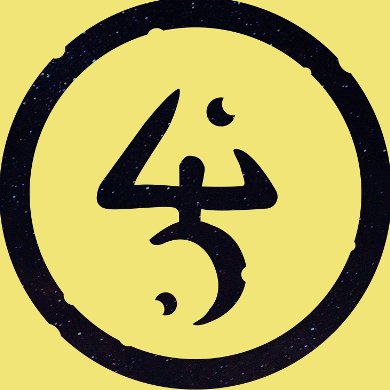As long-time readers of Cthulhu Reborn would know, we have a long history (6+ years) of creating cool and innovative, high-quality PDFs and print books which specifically aim to be useful to folks who play Chaosium’s awesome tabletop RPG, Call of Cthulhu. We were founded with the idea of bringing great stuff out for little or no cost, and almost all of the 15 or so titles that we’ve released can be grabbed (electronically at least) without spending anything.
One of the things that has proven a growing challenge over the years is knowing how to respond to the very frequent suggestions and requests that Cthulhu Reborn should take on more ambitious and larger-scale projects. Creating bigger things inherently brings with it the need to pay writers, artists, printers, etc … so necessarily involves charging something for the final product, even if only to recover costs. And asking for money for a Call of Cthulhu product really means becoming a licensee of Chaosium. To pursue this we have been in on-and-off discussions with Chaosium since 2012, but the small-scale of Cthulhu Reborn as a publishing endeavour seems to have made it hard to find a way to make it work for all concerned.
In the past few days, however, Chaosium have released a new set of licensing policies — some of which are aimed to specifically to address fan-based (free) publication and smaller scale commercial publication. While we’re very glad to see some clear direction from Chaosium on these topics, after some consideration of the terms of Chaosium’s “small publisher” license (and, in particular, the way it is implemented) we have some concerns. Without going into a bunch of specifics, we’re fairly confident that this new licensing model would only really work for PDF-only titles which are quite small (~ 10-20 pages). And while some of the things we would want to do might fall into those parameters, many wouldn’t.

“Fork in the Road” by khantheripper (Deviantart)
This development leaves us with a difficult decision to make — namely, how should Cthulhu Reborn continue? There are a few different options.
More Focus on Freebie Stuff?
Chaosium’s policy on fan-based releases is actually quite generous, but comes with the inherent limitation that it’s purely a non-commercial arrangement (i.e., you can’t ask for money in return for your products). While returning to our roots as a purely-freebie-based publisher is very attractive in some ways, it does mean that we couldn’t really commission paid artwork or pay writers for their contributions (both of which we *have* done). There also really isn’t any way to make freebie stuff work in print, since there are inherent costs in the physical production of books.
More Focus on Bite-Sized PDF-only releases?
Navigating Chaosium’s processes for applying to be licensed under their “Small Publisher” license is somewhat of an unpredictable maze but conceivably we *could* make this the principal way that Cthulhu Reborn brings things to you. While this would allow us to continue to make stuff for the Call of Cthulhu RPG system — which is a game we love — as described above, it really would max out at fairly small publications. Something like the core Convicts & Cthulhu book would simply be much too large to attempt under such a license (for example).

“Rusted to a Halt” by khantheripper (Deviantart)
More Focus on System-Independent Stuff?
Chaosium’s licenses only apply to products which make direct use of its Intellectual Property — i.e., the copyrights and trademarks that make up Call of Cthulhu as a property. Conceivably we *could* follow in the footsteps of a few others and continue to publish game-useable content but without reference to specific game mechanics etc of the Call of Cthulhu game. Prop packs and resources might fit well into this model. The advantages are that Cthulhu Reborn could tackle whatever sized projects people wanted, but the downside is that the products aren’t explicitly for Call of Cthulhu and would require some work to be used in a CoC game.
Start Developing For A Different Lovecraftian RPG?
Whereas once upon a time Call of Cthulhu was the “only game in town” for Lovecrafitan gaming, that certainly isn’t true these days. Over recent years a bunch of other systems have sprung up (e.g., Trail of Cthulhu, Realms of Cthulhu [Savage Worlds], Delta Green RPG, to name just a few). Almost all of these are much more open in their licensing terms & conditions, allowing creators a lot of freedom in using the system however they wish. Conceivably we could reorient some or all of Cthulhu Reborn’s energies into targetting one of those alternative Lovecraftian RPGs. Of course that assumes that people *want* material for those games.
We Want To Hear What You Think
Ultimately, what we want most is to continue to create products that are useful to people like you, and support Lovecraftian gaming the way you play it. So … what do you think we should do? If there are other systems out there that you use for Lovecraftian stuff, which ones are they? Feel free to leave your thoughts either in the comments to this post, or using via the contact form below (which will just go to us, and not be visible to others).








